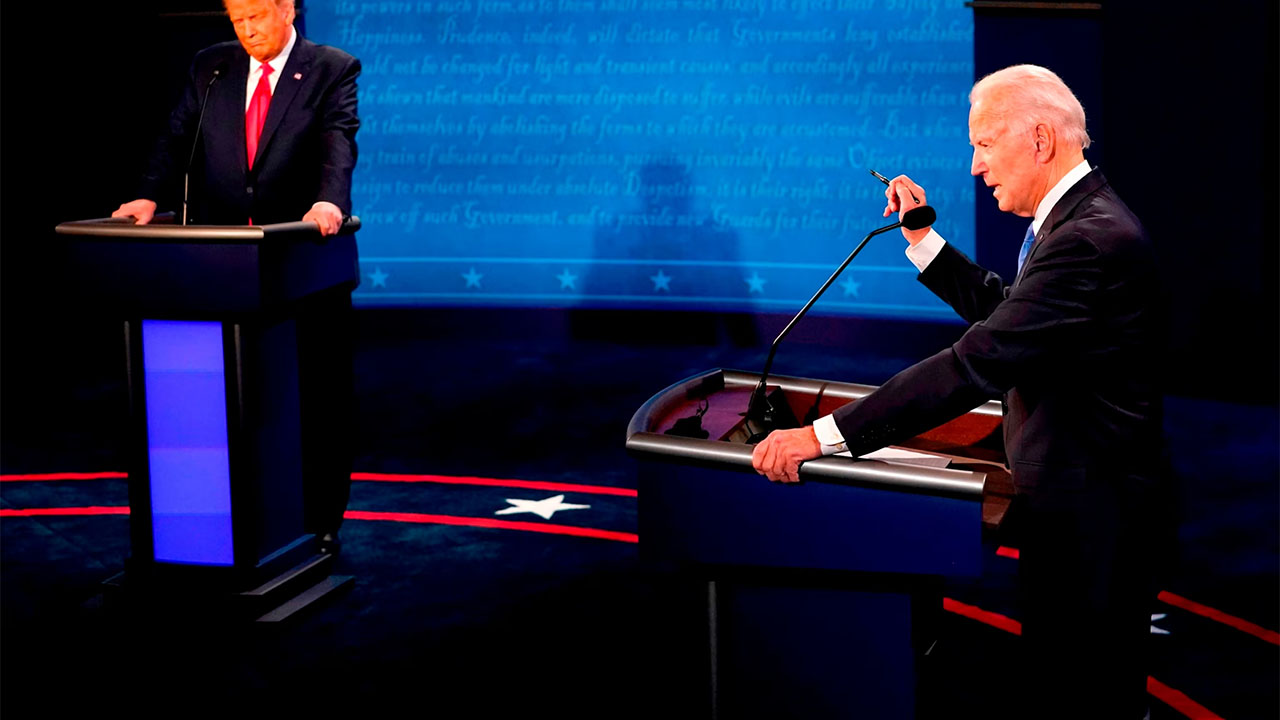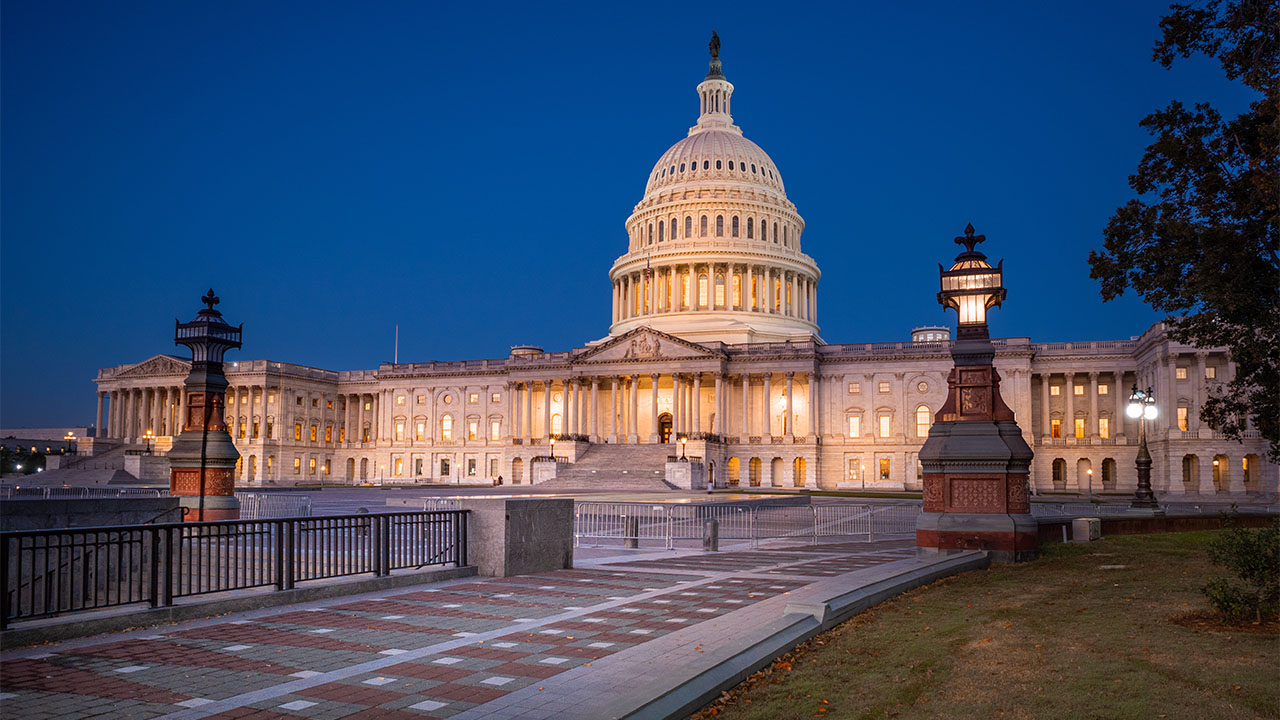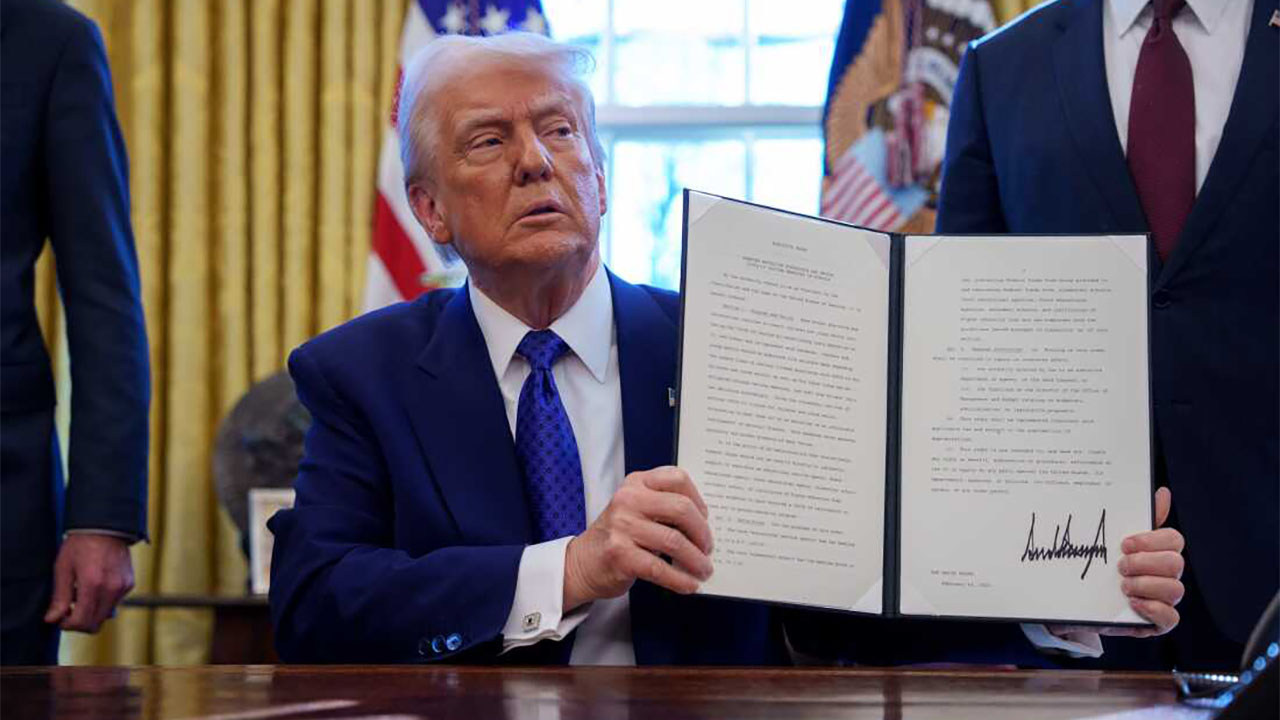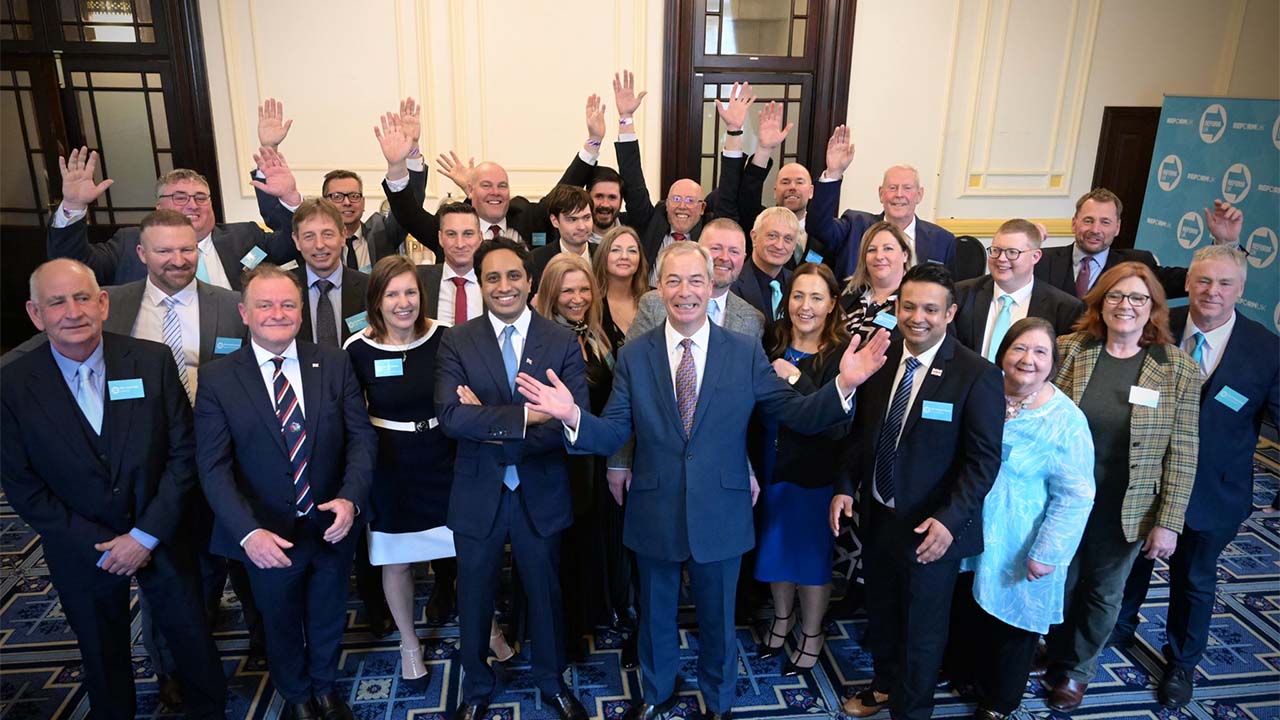Wow. There is so much going on in politics this week, it is tough to work out what the priorities might be and what to focus on.
I’m going to park the fall out from the European Election results and the impending French elections because, as Americans, we aren’t 100% sure what their implication on the world stage might be, though we recognise a significant shift in Europe’s view on the West, NATO and the need to keep a tough united front against the old enemy, Russia, is vital.
So, therefore, our attention this week will be focused on the US Presidential Debate – Trump vs Biden 2.
While I was lucky enough to watch the UK Election debates from close quarters, they were a rather drab and relatively meaningless affair – but the US event is a completely different kettle of fish.
Biden/Trump is a rerun of 2020, and as with many sequels in the US, the protagonists involved are a little ring weary, past their best, and looking for one last pay day.
But while Sly Stallone might have only needed a bit of air brushing here and there to look the part in the latter instalments of his productions, our two contestants for the keys to the White House are way beyond that pale.
I read a wonderful statistic in the media today – the combined age of the two men fighting to be President is equal to two-thirds of that of the US Republic they want to serve. I know we’re a young democracy but that’s a scary fact, the candidates are positively historic.
There are not only concerning consequences to having two white men of a certain advanced age as the face of the contest to be the most powerful human on Earth, but there are also some format considerations to take on board too.
In the first instance, both candidates’ teams have opted to hold the debate months rather than the usual days ahead of the election. It might be a tactical masterstroke, but you can’t help but think it might be because if either succumbs to the pressure, the scrutiny, or the elevated heart rate, there is still time to roll out a replacement.
In US campaign politics, there are entire teams recruited just to manage and negotiate the terms of the debate. While the ambition of those who host and broadcast the event might be to reveal a little about the character of the candidates, to have live audiences of mere mortals with a vote to interact with the candidates, and to generate hundreds of minutes of soundbites, news reel, and meme-able content to share with the wider world – that isn’t always the agenda of the debate teams.
One of the first considerations both teams had to consider was – fortitude and continence.
Both candidate teams didn’t fancy having their man standing there under the lights for hours on end, risking unforeseen consequences. Biden’s team have long scheduled ‘comfort breaks’ for their candidate in planning his public appearances, and court room reporters during the recent New York Criminal Trials of Donald Trump referenced the strange noises and smells emitting from the wannabe President when he was forced to sit for hours on end in court listening to the damning evidence being presented.
As a compromise, both candidates have agreed to frequent breaks in the format to allow for commercials and sponsorship messages to be aired, but insisted they were long enough to allow the candidates to ‘take a rest break’.
The second consideration is how to trap or trip your opponent without stumbling yourself.
This is the first election where the mental capacity and competence of the two candidates is the number one issue for swing voters. Both teams will be holding their breath and praying it isn’t their man who slips up.
Biden is probably at a bigger risk of having a ‘senior moment’, forgetting a key fact, name or date as has been the case in a number of recent public appearances. To tackle that risk, the decision to hold the event without an audience in attendance means that Joe only has to stick to delivering the script he and his team will have prepared and rehearsed ad infinitum.
Trump however could screw it up too.
It is largely accepted that he can start a fight in an empty room, has a nasty habit of insulting anyone and everyone, and using insensitive language and inflammatory turns of phrase.
What is also in Biden’s favour, is that Trump typically performs better in a live environment. Whether it is shouting down his opponent, reacting to the mood of the crowd, and playing to the audience, as a modern-day fairground barker, that is his comfort zone.
So being in an empty TV studio with his mike muted will be a new and uncomfortable moment for the Don. It will allow Biden to repeatedly call Trump a convicted Felon and election loser – the two references which drive Trump bat-shit crazy – without fear of it descending into a shouting match, meaning he can land his pre-planned punches cleanly.
That is also in the incumbents’ favour for the post show analysis
While no-one expects Biden to be a great performer in a full-blooded debate, if he can work with his script writers, comedy timing team, body language experts and social media editors – he can have TikTok, YouTube and Instagram-ready memes and short form content ready to post as soon as the debate ends.
Most Americans don’t and won’t watch the debate but will collectively consume thousands of hours of carefully edited and packaged social and digital content coverage. This is probably where the election – never mind the debate – could be won or lost in 2024.














